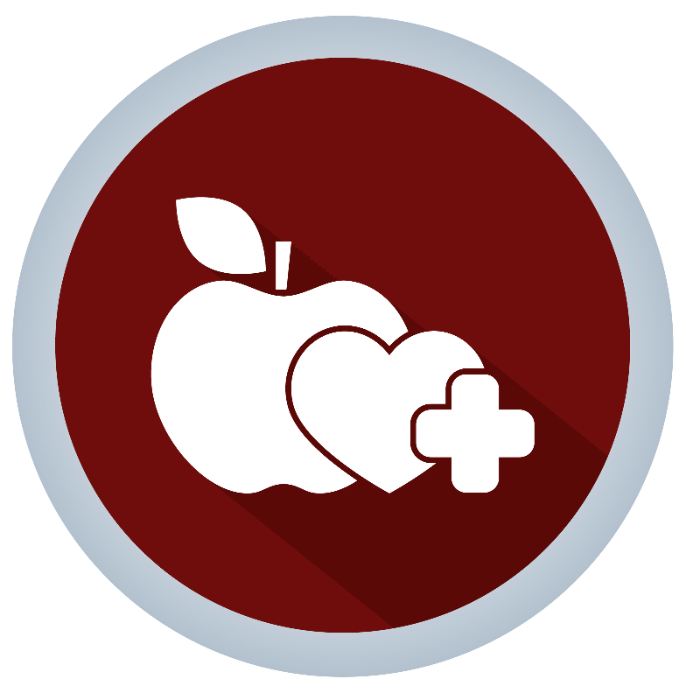Session Information
Sessions are held on Wednesdays, bi-weekly from 3:45-5:00 pm MT via Zoom.
Add the January- February 2026 Sessions to Your Calendar.
Add the April 2026 Sessions to Your Calendar.
Sessions

We will discuss signs and symptoms of anxiety in students, explore how the school Anxiety Action Plan might be utilized, and demonstrate both pharmacological and non-pharmacological interventions while experiencing anxiety at school.
Presenter: Amy Lauffenburger, BSN, RN, CPN, School Nurse Consultant, Children's Hospital Colorado, & Kelli Bernier, BSN, RN, AE-D, NCSN, Nurse, Children's Hospital Colorado.
This presentation will cover an overview of Medication Administration in the School Setting. Provide resources for Medication Administration Practice as it relates to the NPA, Rules & Regulations, and Advisory Opinions. The presentation will also discuss the Nurse Licensure Compact and considerations for nurses with Out-of-State Travel or Field Trips.
Presenter: Robin Cole, DNP, MS, RN, Practice & Education Consultant, Wyoming Board of Nursing.
School nurses play a vital role in preparing for and responding to sudden cardiac arrest on school campuses. This session will cover the essential elements of a Cardiac Emergency Response Plan (CERP), highlight the importance of AED access and cardiac arrest drills, and explore how Project ADAM supports schools in becoming heart-safe. Participants will leave with practical tools to lead emergency preparedness efforts and train staff confidently.
Presenter: Courtney White, MS, Clinical Coordinator, Children's Hospital Colorado.
Session Description Coming Soon.
Presenter: Presenter Information Coming Soon.
Session Description Coming Soon.
Presenter: Angelina Koehler, NP, Certified Pediatric Nurse Practitioner, Children's Hospital Colorado

